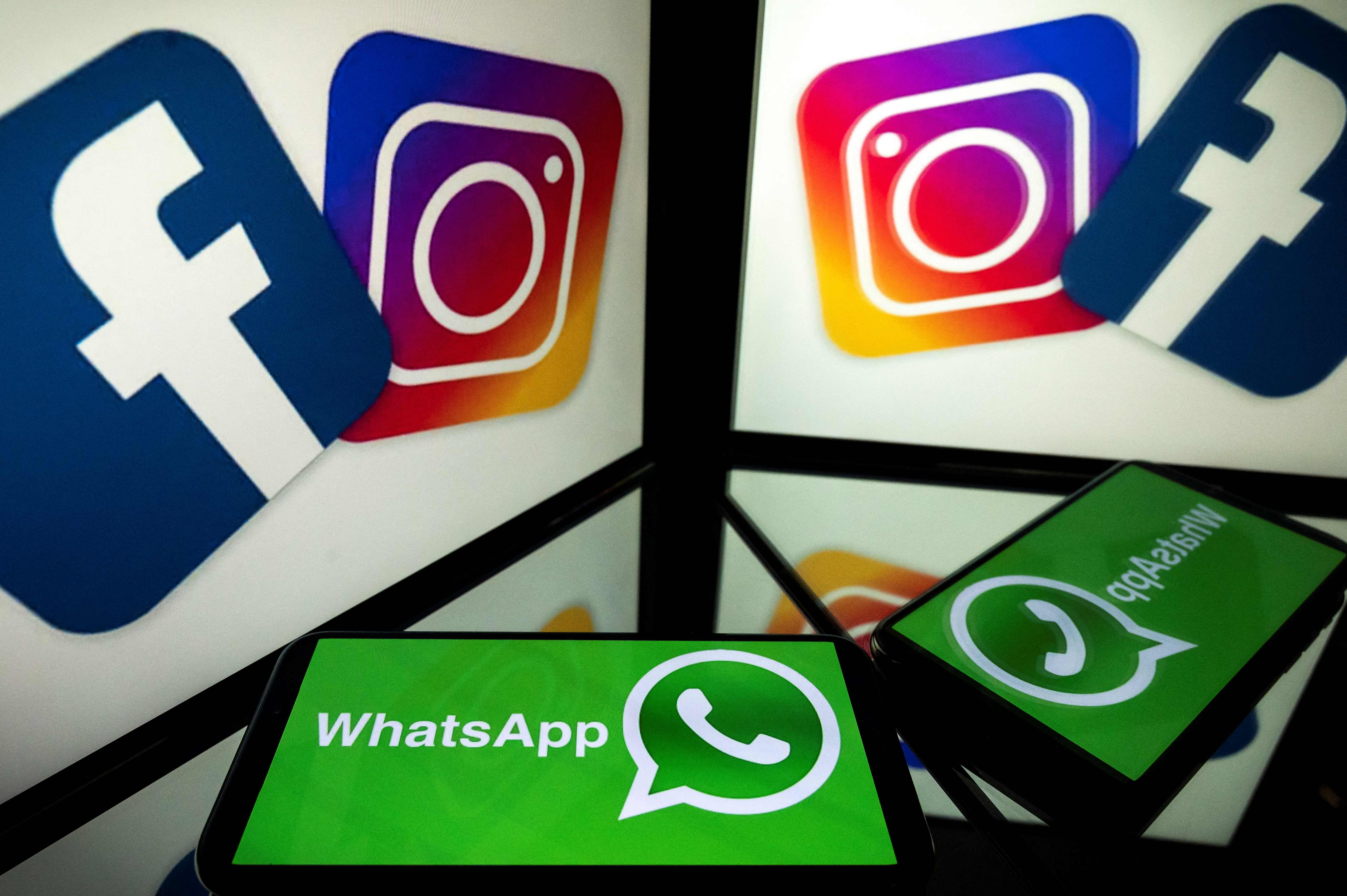Will we finally see a fall in the influence of social media companies like Facebook?
I believe we are reaching a peak – the latest outage raises an important question about what our limits should be, writes Hamish McRae


Facebook, WhatsApp and Instagram go down and the world economy collapses. Well no, it doesn’t, but the chaos of those six hours of outage highlights a truth – and poses a question.
The truth is that the world has to build in more resilience into its economic affairs. This is not just about Facebook. It is about a financial and communications infrastructure that is desperately vulnerable to disruption. We have seen this year the trouble caused by overcomplicated supply chains, and insufficiently robust energy provision. We are not though that form of disruption at all yet.
But being unable to have a choice of items in supermarket is nothing to what might happen if, for example, an incident shut down the world’s payments systems for a month. How would you pay for your daily needs if credit and debit cards, and phone apps did not work? Even three years ago we could have gone back to cash and cheques and scrambled through. That option has now gone for many. Multiply that situation globally, and the impact does not bear thinking about.
So it is a wake-up call, and a welcome one. At least the world will take notice and start to build second and third lines of defence. Maybe, fingers crossed, those defences will be tough enough to keep systems running even in the event of a hit vastly more serious than this particular failure.
All this is pretty clear. The question that those six hours of silence pose is more nebulous, for it is about our relationship as human beings with communications technology. When does the world reach peak Facebook? Or rather, when do we reach our limit as to the extent to which we want to communicate with each other?
The past 18 months have seen an explosion in electronic meetings and a collapse in physical ones. The Covid-19 pandemic reinforced a trend that already existed – to do more of everything online. But there are only 24 hours in the day and there will come a time when we hit that peak in the allocation of time. We may already have done so.
There is a parallel in television. The amount of time spent by Britons watching TV was falling steadily through the past decade, declining from 242 minutes a day in 2010 to 183 minutes by 2019. The only age group that spent more time glued to the box were the over-75s, who managed to reach 349 minutes a day in 2019. That’s nearly six hours, which is pretty impressive – though I suspect the odd nap in an armchair with the TV switched on may count as “watching”. Among the younger age groups TV time has plummeted, with the under-25s down to just over an hour a day by 2019.
It is true that TV use shot up last year for all but the young, but the basic point stands that the UK passed its peak TV point more than a decade ago. The same thing will happen to social media. There will be a peak. We just don’t know when.
There are, however, some clues. In the US teenagers spend nine hours a day on social media, while “tweens” aged 8 to 12, spend six hours. The group, Common Sense Media, that did the research comments: “Lower-income teens average more than eight hours a day with screen media compared with 5 hours and 42 minutes among higher-income teens, a difference of two hours and 25 minutes a day.”
That is troubling for obvious reasons. But I think when young people spend that amount of time on anything, the only way must surely be down. When social media finish becoming normal, established technologies, rather than novel ones, then the attractions will fade. Or looked at another way, something else will come along and push them aside. That report also commented: “Teens and tweens both feel social media is something they have to do to keep up, but it’s not their favorurite activity”.
That rings true. When something more attractive, or maybe simply more fashionable, comes along, social media activity will fall.
That’s kids. What about adults? Well, here I think we are learning much more about the use of the new communications technologies right now, as economies reopen. We are seeing what can be done best online and what really needs human contact. In the next six months or so things will settle down and I expect when they do, we will find that the pandemic saw the peak of electronic media activity – peak Facebook, if you like.
The use of communications technologies will increase in the background, doing all sorts of things from monitoring our health to helping us sort out our finances. But we won’t feel our lives are so dominated by them. We will want to keep in touch with each other, but we won’t feel the need to respond to every twitch of our phone. We will enjoy being humans again.






Join our commenting forum
Join thought-provoking conversations, follow other Independent readers and see their replies
Comments